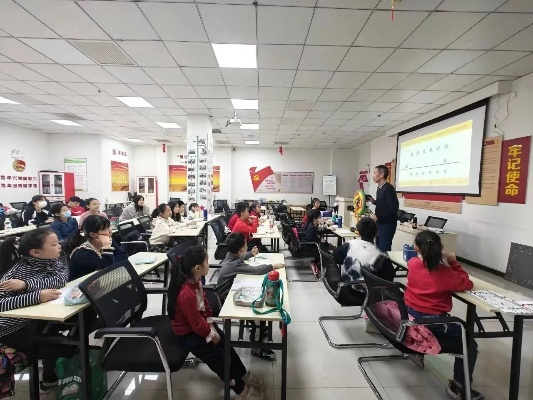Title: The Impact of Technology on IELTS Preparation

In today's digital age, technology has revolutionized various aspects of our lives, including education and language learning. When it comes to preparing for the International English Language Testing System (IELTS), technological advancements have introduced numerous tools and resources that can significantly enhance the learning experience. Let's explore the impact of technology on IELTS preparation and how candidates can leverage these innovations to improve their performance.
1. Online Learning Platforms:
With the rise of online learning platforms, IELTS aspirants now have access to a plethora of resources right at their fingertips. Platforms like Khan Academy, Coursera, and Udemy offer specialized courses tailored to IELTS preparation. These courses cover all sections of the exam, including listening, reading, writing, and speaking, providing comprehensive guidance and practice materials.
2. Mobile Applications:
Mobile applications have made IELTS preparation more convenient and accessible than ever before. Apps such as "IELTS Prep App" by British Council and "IELTS Practice & IELTS Test" by LT Software Mobile Apps enable users to practice listening, reading, writing, and speaking exercises anytime, anywhere. Moreover, these apps often incorporate features like progress tracking, personalized study plans, and interactive exercises to enhance learning outcomes.
3. Virtual Writing Correction Services:
Writing is a crucial component of the IELTS exam, and technology has introduced innovative solutions to assist candidates in improving their writing skills. Virtual writing correction services, such as Grammarly and IELTS Writing Assistant, utilize artificial intelligence to provide instant feedback on grammar, vocabulary, and coherence. This feedback helps candidates identify areas for improvement and refine their writing abilities.
4. Online Speaking Practice:
One of the most challenging aspects of the IELTS exam is the speaking section, as it requires candidates to demonstrate their oral communication skills in English. Technology has facilitated online speaking practice through platforms like Skype, Zoom, and Cambly, where learners can engage in realtime conversations with native English speakers or experienced tutors. These sessions not only improve fluency and pronunciation but also boost confidence in speaking English.
5. Interactive Multimedia Resources:
Gone are the days of monotonous textbook learning. Modern IELTS preparation incorporates interactive multimedia resources such as videos, podcasts, and online quizzes to engage learners and cater to different learning styles. Platforms like YouTube and TED Talks offer a vast array of English language content that not only enhances language proficiency but also exposes candidates to diverse accents and topics relevant to the IELTS exam.
6. AIPowered Practice Tests:
Artificial intelligence has transformed the way candidates prepare for the IELTS exam by offering personalized practice tests and simulations. Platforms like Magoosh and ExamPal use AI algorithms to analyze users' performance, identify strengths and weaknesses, and generate customized study plans. Additionally, AIpowered practice tests mimic the format and difficulty level of the actual exam, enabling candidates to familiarize themselves with the test environment and improve their time management skills.
Conclusion:
Technology has undoubtedly revolutionized IELTS preparation, offering a myriad of tools, resources, and innovative solutions to enhance learning outcomes. From online courses and mobile apps to virtual writing correction services and AIpowered practice tests, candidates now have access to a wealth of resources to sharpen their English language skills and ace the IELTS exam. Embracing these technological advancements can empower learners to achieve their desired scores and fulfill their academic or professional aspirations.
This transformation in IELTS preparation underscores the importance of integrating technology into language learning curricula and underscores the potential for further innovation in the field of English language assessment. As technology continues to evolve, so too will the ways in which candidates prepare for standardized exams like the IELTS, ultimately leading to more efficient, effective, and personalized learning experiences.
版权声明
本文仅代表作者观点,不代表百度立场。
本文系作者授权百度百家发表,未经许可,不得转载。











